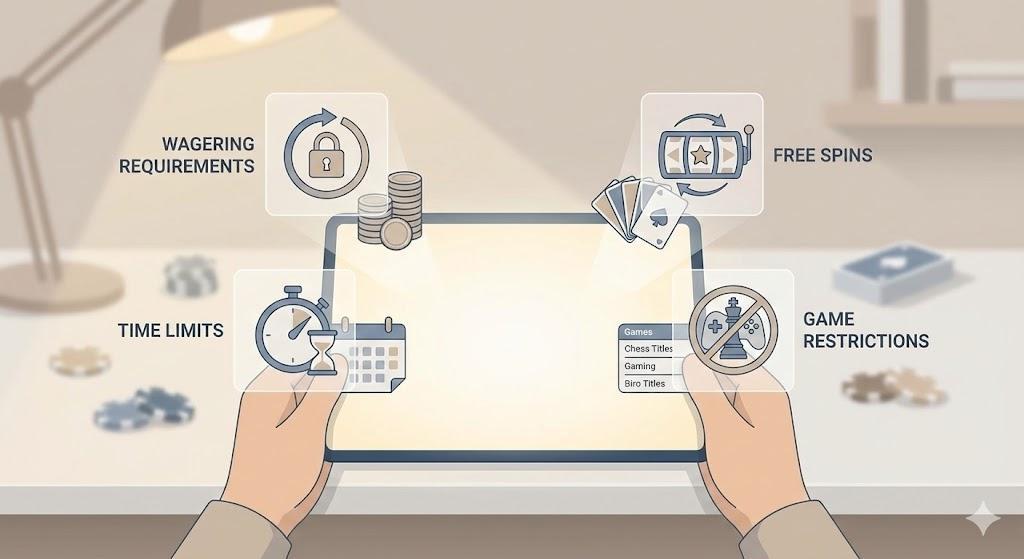Online gambling sits inside the same feed as games, sports, music, and live shows. It is not an add-on anymore. It is part of how people watch and play. In Europe the online share of the gambling market rose to about two-fifths of all revenue. Mobile use drove most of that shift and made play a tap away.
Table of Contents
TogglePlatforms and content mainstreamed gambling
Live streaming helped move gambling into everyday digital habits. The biggest example is Twitch. In 2022, it set a clear rule against showing slots or roulette from sites without strong consumer protection. That policy named several brands and gave notice that others could follow. Viewers now expect platforms to police the line between entertainment and risk.
At the same time, gambling content did not vanish from live streaming. Industry tracking shows that it continues to draw large audiences and that new hosts and platforms step in when rules change. Streams Charts reported that Kick’s second year produced more than two billion hours watched. The rise shows how rapidly gambling-themed streams can find an audience across languages and regions.
Short videos and social feeds also carry a steady flow of gambling-related content and marketing. A recent report for a major UK charity described how creators on Instagram, TikTok, YouTube, Twitch, and Kick promote gambling to young audiences. According to a study published on https://gamblizard.de/, linking such content to early interest in gambling among teens and young adults. This has become a policy focus for regulators and public health groups.
Rules shape each country’s digital experience
Germany
Germany moved from a patchwork of rules to a single treaty in 2021. The reform allowed online slots and poker nationwide under strict conditions. A central rule sets a monthly cross operator deposit limit that is usually one thousand euros. The limit is enforced through a national system known as the limit file. The treaty also bans playing on multiple sites at the same time. These measures support harm prevention while keeping play inside the licensed market.
United Kingdom
Britain continues to tighten rules for online play. New stake limits for online slots went live in 2025. Adults have a five pound per spin limit. People aged eighteen to twenty four have a two pound limit. The regulator has also been testing financial risk assessments that use data sharing to flag vulnerability among high spenders. These checks are still in a pilot stage. The goal is to cut harm while keeping the process as smooth as possible for most players.
There are changes beyond the casino lobby. Football clubs in the Premier League agreed to remove gambling brands from the front of match shirts from the start of the 2026 to 2027 season. The decision reflects the growing push to reduce promotion during mass audience events.
Canada
Ontario opened a competitive online market on April 4, 2022. Before that date, the provincial lottery was the only regulated site. The new framework brought private brands under provincial rules with one regulator and one market operator. Ontario’s example now shapes debate across Canada and has become a case study in channelling players to licensed sites.
France
France has a more limited online offer. Sports betting and horse race betting are legal online, and poker is also legal online. Casino games such as roulette and blackjack remain restricted to land-based venues. The national regulator ANJ has asked lawmakers to take a highly controlled approach to any future change. Its message is that online casino products present higher addiction risks and need special care.
Norway
Norway runs a state monopoly. Norsk Tipping covers the lottery, many online games, and sports, while Norsk Rikstoto covers horse racing. The regulator has stepped up action against offshore websites. In April 2025, it ordered providers to block fifty-seven illegal domains. That shows how countries with a monopoly still need digital tools such as DNS blocking and payment controls to enforce their rules.
Design and ID checks tie gambling to digital norms
Much of the experience now looks like mainstream gaming and streaming: quick lobbies, rich graphics, and live hosts. Yet design is not only about appeal. It is also about guardrails. Britain first changed the rules for online slot design in 2021 and reported lower intensity of play without unwanted side effects. In 2025, further remote game design rules took effect for other products. The intent is to slow play and reduce features linked to rapid losses.
Identity screening is another part of the shift. In Britain, remote operators must verify a person’s name, address, and date of birth before they can gamble online. The regulator also makes clear that checks cannot be delayed until withdrawal if they could have been done at sign-up. These steps aim to keep minors out and stop fraud. The same theme appears in other markets that use verification to keep play within the law.
Entertainment partnerships are adapting as well. Offers like aktive casino promo codes highlight how marketing continues online, while football in England will phase out front-of-shirt deals with bookmakers from 2026.
In France, the regulator has called for tighter control of gambling ads and sponsorships during live sports. These moves show how sports seek a balance between revenue and protection in a digital era when a logo can reach fans far beyond the stadium.
Conclusion
Online gambling merged with digital entertainment because screens merged the day. People now watch a match, scroll a feed, and play a quick game on the same device. Streaming showcases play. Mobile gives access. Regulation shapes the experience in each country. Britain limits stakes and tests data led risk checks. Ontario shows how an open market can run under public rules. France keeps online casino games offline and keeps a firm line on ads. Norway runs a monopoly and uses blocking tools to hold it together. Germany allows online slots and poker but caps monthly deposits for safety. None of this is static. The mix of content, product design, and policy keeps moving. The common thread is clear. Online gambling is now a regular part of the entertainment stack, and the path forward will be set by how well tech and rules work together.





